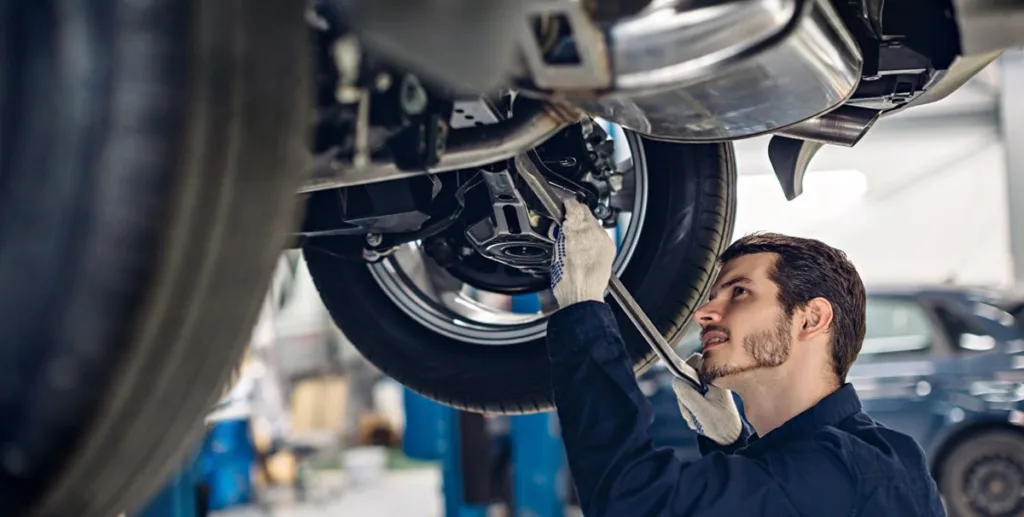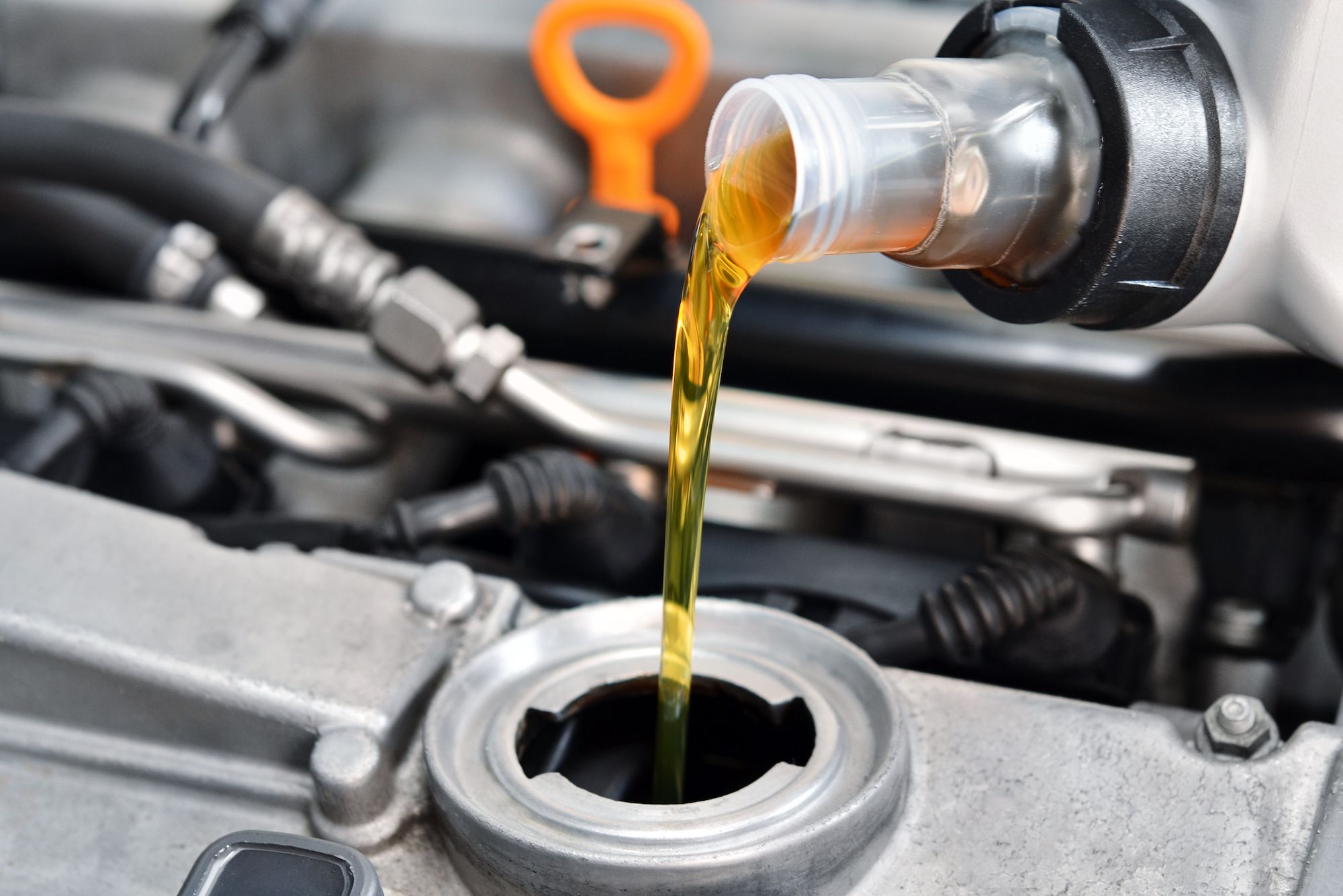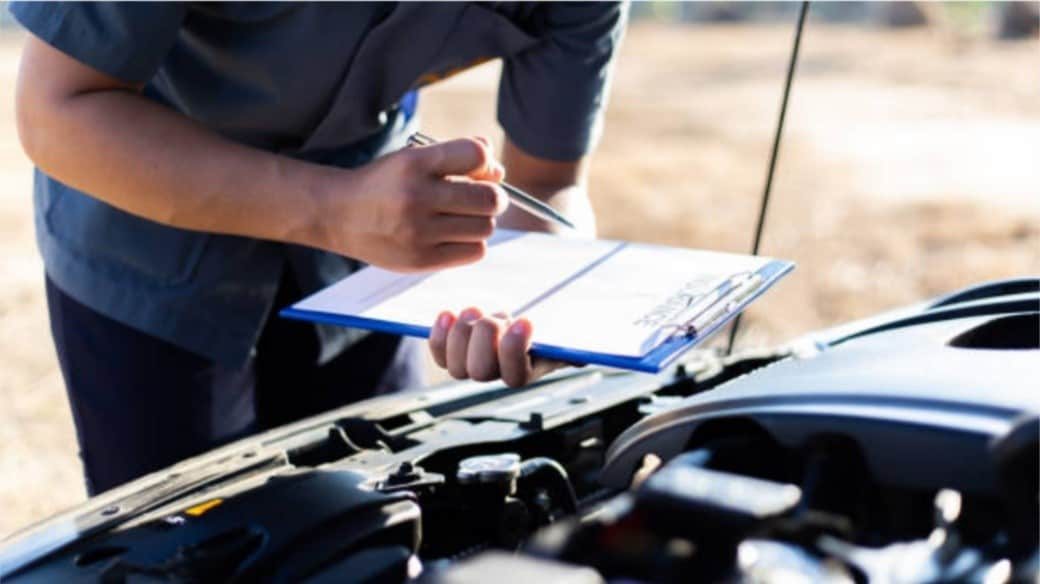All Categories
Featured
When your automobile experiences a significant malfunction, the cost of repairs can be a daunting economic factor to consider. Whether it's the failing of a critical system like the engine or transmission, or the demand for considerable repair work to various components, understanding the variables that affect repair service expenses can assist you make even more enlightened decisions. Below, we describe the essential aspects that contribute to the price of major auto fixings.
![]()
![]()
![]()
Verdict. Numerous factors influence the price of major automobile repairs, consisting of the sort of repair, the make and design of your vehicle, the high quality of the components made use of, labor fees, and the degree of the damage. Understanding these factors can assist you make even more informed choices and plan for the monetary implications of automobile repair services. To minimize the probability of expensive repairs, normal maintenance is essential. By remaining on top of regular upkeep and attending to little problems prior to they rise, you can minimize the opportunities of facing expensive fixings in the future.

- Type of Repair work. The main variable influencing the expense of auto repair work is the type of concern your vehicle is experiencing. Particular systems in a vehicle, like the engine or transmission, call for more time to identify and repair, which directly translates into higher labor charges.
- Automobile Make and Model. The make and design of your vehicle plays a major role in identifying fixing prices. High-end automobiles and high-performance automobiles like BMWs, Audis, or Mercedes-Benz often tend to have higher repair costs since of their specialized components, advanced innovation, and the know-how needed for their repair work. The accessibility of parts can also enhance the cost; parts for uncommon or foreign versions are often extra expensive to source than those for residential lorries like Ford or Chevrolet. In addition, some vehicles, especially those with one-of-a-kind or advanced systems, may need specialized technicians or tools, adding to the general repair service cost.

- Parts Top Quality and Availability. The top quality of the components used in the repair substantially impacts the expense. Original Devices Manufacturer (OEM) components are generally much more costly than aftermarket parts due to the fact that they are created specifically for your vehicle and are ensured to fulfill manufacturing facility criteria. While OEM parts ensure high quality and sturdiness, they frequently feature a higher cost. Aftermarket components might be less pricey but can differ in high quality. In some cases, less expensive aftermarket parts might minimize the overall fixing cost, but they might not provide the very same longevity as OEM parts, which might result in extra fixings later on. The schedule of parts, particularly for older or unusual vehicles, can also influence the expense. If parts are difficult to discover, it may take longer to complete the repair, resulting in higher labor costs.
- Labor Costs. When it comes to vehicle repair work, labor is one of the biggest costs. Auto mechanics typically bill by the hour, and repair service times can vary depending upon the intricacy of the problem. Some repairs, such as engine overhauls or transmission solutions, may need several hours and even days of labor, substantially raising the overall cost. Labor rates additionally rely on the place of the service center-- technicians in urban areas or high-demand locations might charge higher rates as a result of the expense of living and expenses. Additionally, specialized repairs for complicated systems might require more knowledgeable specialists, whose per hour rates tend to be higher.
- Level of the Damages. The degree of the damages is an additional essential aspect influencing repair work expenses. If the damages is restricted to one component of the lorry, such as a damaged alternator or malfunctioning brake pads, the repair work will usually be less expensive.
- Car Age and Condition. The age and overall problem of your lorry play a significant function in the price of fixings. Older automobiles are more probable to experience wear and tear, causing even more regular and potentially more pricey repair work. As automobiles age, particular elements, such as the suspension or exhaust system, may come to be more vulnerable to failing. On top of that, locating components for older models can be tough and pricey, specifically if the manufacturer no more generates those components. Properly maintained lorries have a tendency to have lower repair work expenses since their systems remain in better functioning problem, needing less and cheaper repairs.
- Store Place and Credibility. The repair work store you select can likewise affect the cost of your fixings. Furthermore, fixing shops that specialize in certain brand names or types of fixings might charge more for their experience.

- Guarantee and Insurance Protection. If your auto is still under guarantee, major fixings might be covered, which can considerably reduce your out-of-pocket expenses. Some expanded service warranties or solution contracts might also supply coverage for specific kinds of repair work, like engine or transmission failure. Additionally, if the damage is triggered by a mishap or outside element, your automobile insurance coverage could cover the repair work expenses, less any kind of insurance deductible. Always get in touch with your service warranty company or insurer to see if the problem is covered, as this could save you a significant quantity of cash.
Verdict. Numerous factors influence the price of major automobile repairs, consisting of the sort of repair, the make and design of your vehicle, the high quality of the components made use of, labor fees, and the degree of the damage. Understanding these factors can assist you make even more informed choices and plan for the monetary implications of automobile repair services. To minimize the probability of expensive repairs, normal maintenance is essential. By remaining on top of regular upkeep and attending to little problems prior to they rise, you can minimize the opportunities of facing expensive fixings in the future.
Latest Posts
Find Your Nearest Vision Center South Location for Quality Eye Care
Published May 06, 25
2 min read
Vision Center South: Troy’s Expert Optometrists – Book Today!
Published May 05, 25
2 min read
Enterprise Eye Care: See Us at Vision Center South Today
Published May 02, 25
2 min read
More
Latest Posts
Find Your Nearest Vision Center South Location for Quality Eye Care
Published May 06, 25
2 min read
Vision Center South: Troy’s Expert Optometrists – Book Today!
Published May 05, 25
2 min read
Enterprise Eye Care: See Us at Vision Center South Today
Published May 02, 25
2 min read